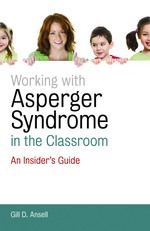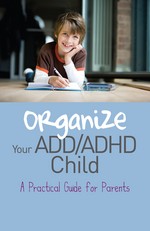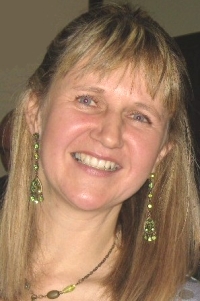Creative Expression Activities For Teens – An Interview with JKP author Bonnie Thomas
“Anyone can benefit by telling their story and being heard, whether it’s through art, narrative, or other means of communication…Everyone has a story and all of these stories are sacred. There is healing and connection in telling these stories to someone who takes the time to listen. Art is a wonderful venue for telling these stories.”







